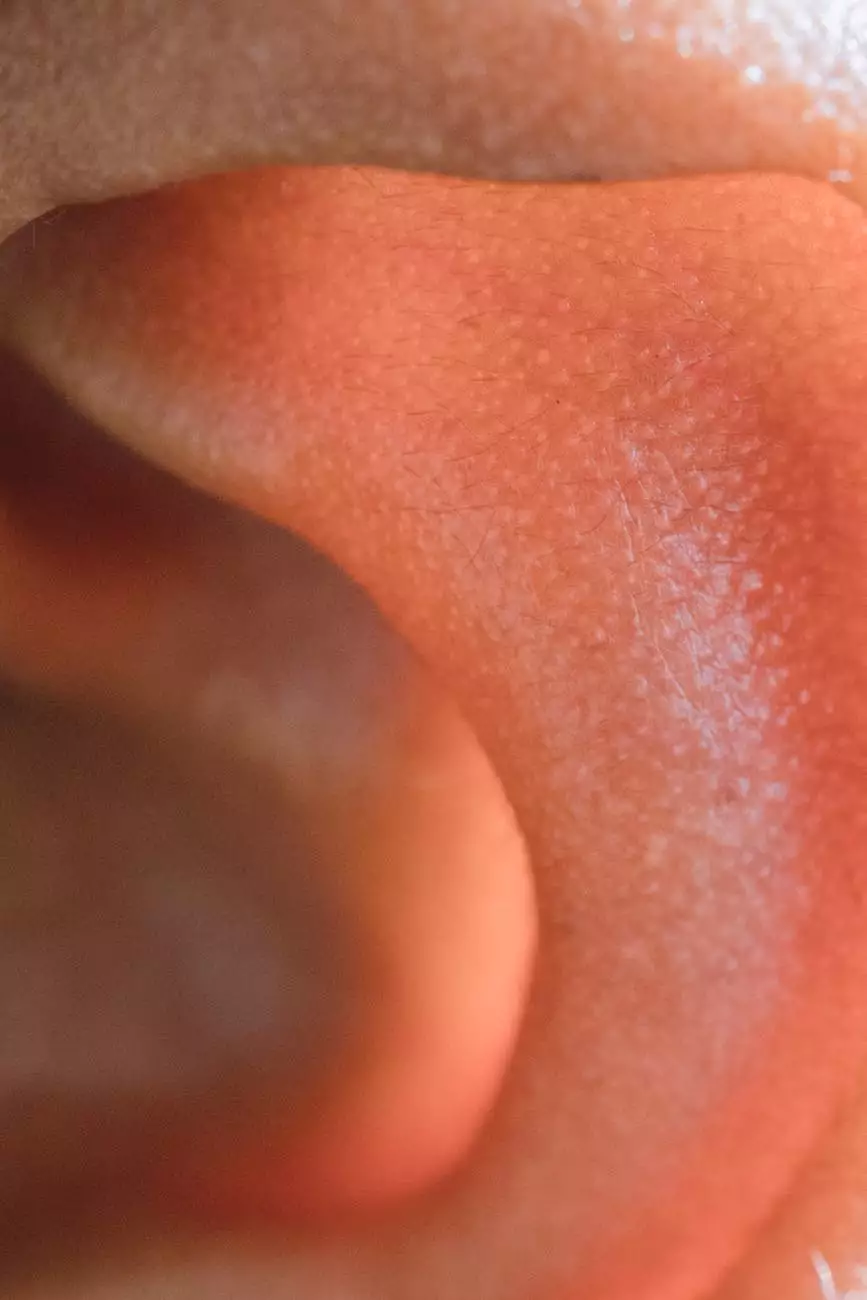Hair Loss in Women

Understanding Hair Loss in Women
As a leading expert in women's health, Smith, Arthur F, MD aims to provide comprehensive information on hair loss in women. Hair loss is a common concern that affects many women at different stages of life. Whether you're experiencing thinning hair, pattern baldness, or any other form of hair loss, it's important to understand the causes, treatment options, and preventative measures available. This page will serve as a valuable resource to address these concerns and help you make informed decisions about your hair health.
The Causes of Hair Loss in Women
There are numerous factors that can contribute to hair loss in women. Understanding the root causes is crucial in determining the best course of action. Some common causes of hair loss in women include:
- 1. Hormonal imbalances: Fluctuations in hormones, such as during pregnancy, menopause, or conditions like polycystic ovary syndrome (PCOS), can trigger hair loss.
- 2. Nutritional deficiencies: Inadequate intake of essential nutrients, such as vitamins, minerals, and proteins, can lead to weakened hair follicles and subsequent hair loss.
- 3. Stress and emotional factors: High stress levels, physical or emotional trauma, and certain mental health conditions can contribute to hair loss.
- 4. Medical conditions and treatments: Certain medical conditions like thyroid disorders, autoimmune diseases, and side effects of medications or treatments may cause hair loss.
- 5. Genetics: Family history and genetic predispositions can make some women more susceptible to hair loss.
- 6. Hairstyling practices: Excessive heat styling, tight hairstyles, and chemical treatment can damage the hair and lead to breakage and hair loss.
Treatment Options for Hair Loss in Women
Smith, Arthur F, MD offers a range of treatment options tailored to address hair loss in women. It's important to note that effective treatments may vary depending on the underlying cause. Some common treatment options include:
1. Medications
Prescription medications, such as minoxidil and finasteride, have shown positive results in promoting hair regrowth and preventing further hair loss. These medications work by stimulating hair follicles and improving blood flow to the scalp.
2. Nutritional Supplements
In cases where nutritional deficiencies contribute to hair loss, supplements containing essential vitamins, minerals, and proteins may be recommended. These supplements help support healthy hair growth and strengthen hair follicles.
3. Platelet-Rich Plasma (PRP) Therapy
PRP therapy involves extracting platelets from the patient's blood and injecting them into the scalp. The growth factors present in platelets stimulate hair growth, improve overall hair quality, and reduce hair shedding.
4. Laser Therapy
Low-level laser therapy (LLLT) uses red light wavelengths to stimulate hair follicles, promoting hair growth. This non-invasive procedure is often used alongside other treatment methods to enhance results.
5. Hair Transplantation
For certain cases of advanced hair loss, hair transplantation may be an option. This procedure involves extracting hair follicles from donor areas and transplanting them into areas with thinning or no hair. It provides natural-looking results and long-term hair restoration.
Prevention Strategies for Hair Loss in Women
Prevention is key when it comes to maintaining healthy hair. Smith, Arthur F, MD recommends the following strategies to minimize the risk of hair loss in women:
1. Balanced Diet
Achieving a well-balanced diet that includes a variety of vitamins, minerals, and proteins is essential for promoting healthy hair growth. Incorporate foods rich in iron, zinc, biotin, and omega-3 fatty acids into your diet.
2. Gentle Hair Care
Avoid harsh treatments, excessive heat styling, and tight hairstyles that put unnecessary strain on your hair. Opt for gentle hair care practices, use minimal heat, and avoid over-brushing or excessive pulling.
3. Stress Management
Find healthy ways to manage stress, such as practicing relaxation techniques, engaging in regular physical activity, or seeking professional support. High stress levels can contribute to hair loss, so it's important to prioritize self-care.
4. Regular Scalp Care
Maintain a clean and healthy scalp by regularly washing your hair with a mild shampoo and conditioner. Massage your scalp to improve blood circulation and promote the health of hair follicles.
5. Consultation with a Healthcare Professional
If you're experiencing persistent or severe hair loss, it's advisable to consult with a trusted healthcare professional like Smith, Arthur F, MD. They can assess your specific situation, identify the underlying causes, and recommend appropriate treatment options.
Trust Smith, Arthur F, MD for Hair Loss Solutions
Smith, Arthur F, MD is dedicated to empowering women with the knowledge and resources needed to tackle hair loss. With their expertise and personalized approach, they can help you regain confidence and achieve optimal hair health. Contact Smith, Arthur F, MD today to schedule a consultation and learn about the best treatment options available for your unique needs.




